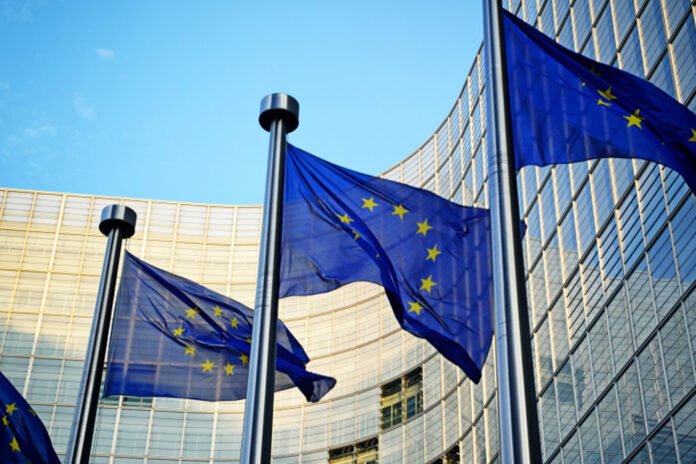EU member states are worried that almost 6mn tonnes of textiles are discarded by EU citizens each year but only a quarter of those are recycled. Most now back a ban on the destruction of unsold clothing.
The ban gained support because waste from the textile industry accounts for a fifth of the bloc’s greenhouse gas emissions. Though there is opposition to this ban as industry leaders and politicians warn that too much environmental regulation risks stifling European economies. French President Emmanuel Macron called for a “regulatory pause” on new environmental measures, so Europe can focus on applying existing laws.
It was found that many items that are returned by consumers to shops are complex for retailers to process and so often are discarded or destroyed. Designer brands also frequently destroy unwanted stock to prevent it from appearing on the black market. British retailer Burberry revealed that it burnt £28.6mn worth of unsold merchandise in 2018, a practice it was later forced to stop after a backlash.
According to a draft proposal, EU member states supported a tougher approach, backing a specific ban on the destruction of “apparel or clothing accessories. The draft was prepared despite efforts earlier this week by countries including Sweden to remove the ban from the text.
Brussels presented a plan in March last year to encourage recycling and reuse of products across the bloc. It noted “the destruction of unsold consumer products, such as textiles and footwear” has become “a widespread environmental problem” owing to rapid growth in online sales.
France, Germany, and the Netherlands were among the member states who pushed to include the proposal in the new, so-called “ecodesign requirements” set by the EU.
One diplomat said there was a risk that recycling or processing clothing to prevent it from being destroyed could push up prices for consumers.
According to the draft, small businesses would be exempted from the ban, and medium-sized businesses, those with up to 249 employees and with annual turnover lower than €50mn, would be given longer to adjust. Details are still under discussion. Member states are expected to vote on the text on May 22.
The “ecodesign” proposals also include a “product passport” to provide information on how products have been made and requirements on online marketplaces to ensure they offer compliant products.
Several member states, including France, have already enacted laws banning the destruction of consumer goods, and the original commission proposal states that the measures will also prevent single market distortions, as well as reduce the environmental impact of the textile sector.



